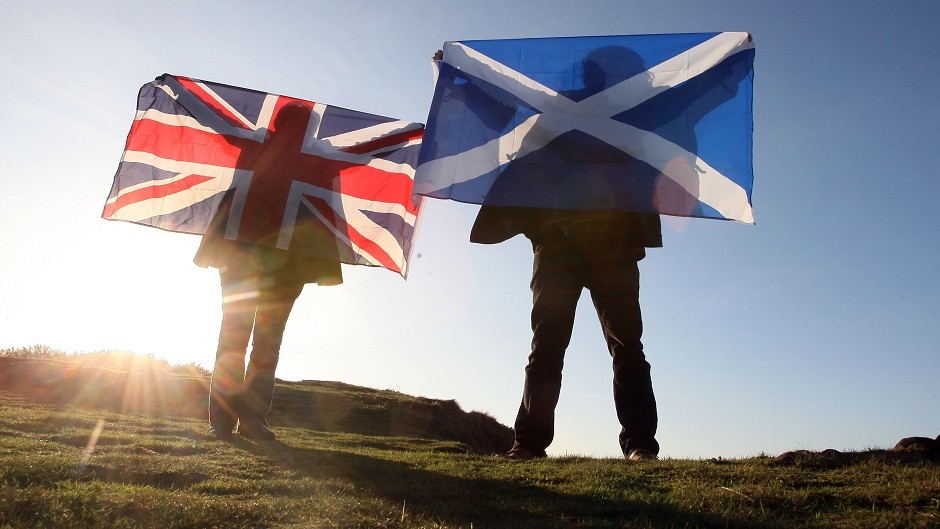A new study has found the Scottish identity is more inclusive than Englishness for many ethnic groups.
The research – using census data – showed almost all minority groups in Scotland were more likely to say they were Scottish than the same communities did when asked about Englishness in England.
However, the Glasgow University project also showed that many minorities in Scotland were just as likely to choose a “British only” identity as a “Scottish only” identity.
Overall, a total of 83% of Scotland’s residents said in 2011 that they felt Scottish.
Asian, Arab and white Irish ethnic groups were more likely to identify as “Scottish only” in Scotland than as “English only” in England.
However, in contrast, African, Caribbean and other white ethnic groups displayed similar patterns of identification across Scotland and England.
People in Scotland who said they were “white, other British” – three-quarters of whom were born in England – were the least likely to say they have a Scottish identity, with just 11% reporting so in the census.
There was found to be no major difference in the numbers claiming Scottish national identity when comparing Roman Catholic, Church of Scotland or people of “no religion”, with two-thirds of each group saying “Scottish only”.
Almost three-quarters of Moslems in Scotland identified as either Scottish, British or some other form of UK national identity.
Andrew Smith, reader in sociology at Glasgow University, said: “What these results reveal is the complexity of national identity.
“There are clearly a range of different factors – personal background, histories of migration, the perceived relationship between different identities – which shape the way in which people describe themselves.
“In some respects, these results appear to suggest that minority communities in Scotland see Scottishness as a relatively ‘open’ identity, but not in all cases, and many minority communities are at least as likely to consider themselves British as they are Scottish.
“Where you are born is clearly a crucial factor in all of this – 94% of people born in Scotland, regardless of ethnicity, consider themselves to be Scottish, either solely, or in conjunction with another national identity.”
